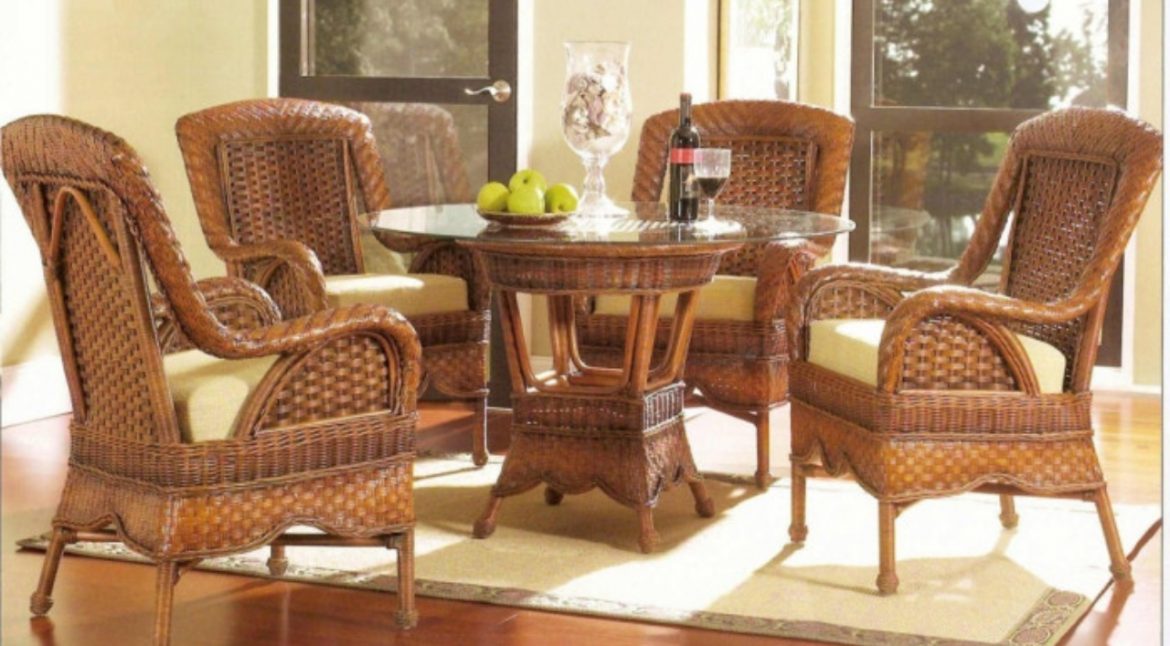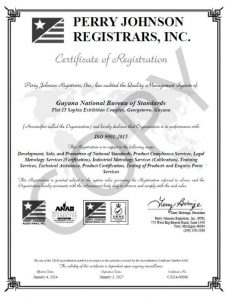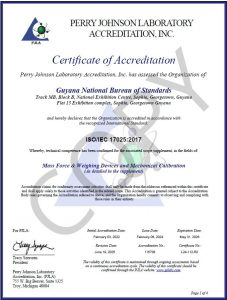What if the chair you sat on, or the table you dined at, told a story of tradition, craftsmanship, and cultural pride? In Guyana, furniture made from bamboo, rattan, wicker, tibisiri, and nibbi is more than functional, it is a piece of our Indigenous heritage, treasured in homes, hotels, and other community spaces. These items are symbols of artistry and identity, linking generations through skills passed down and reimagined for today’s modern lifestyles.
In recognition of Amerindian Heritage Month this September, the Guyana National Bureau of Standards (GNBS) wants to place the spotlight on another standard – GYS 509:2013 – Specification for Indigenous Furniture (bamboo, rattan, wicker, and nibbi). This National Standard was adapted from the CARICOM Regional Standard (CRS 21:2010) to guide the manufacture, trade, and quality assurance of indigenous furniture nationally and across the Caribbean.
The standard ensures that indigenous furniture reflects its defining traits of lightness, flexibility, durability, and smoothness, while meeting strict requirements for materials, construction, finishing, performance tests, and labelling. For instance, rattan poles used in furniture must be mature, clean, thoroughly seasoned, and treated to resist fungi and insect infestations. Similarly, bamboo furniture must uphold tradition by avoiding nails and screws, instead relying on methods like wrapping, binding, or bamboo bolts to secure stress joints. This helps preserve authenticity while improving durability.
Performance and safety are also central; furniture is subjected to load and impact tests, including sandbag, diagonal load, and static load evaluations, to ensure pieces can withstand the stresses of daily use without compromising quality or safety. Labelling requirements further support transparency, providing consumers with information on the type of furniture, manufacturer, materials used, and care instructions. This gives buyers confidence that what they are purchasing is not only beautiful but also safe and reliable.
By adopting this standard, the GNBS is safeguarding consumer interests while also honouring and preserving Indigenous craftsmanship. Standards for indigenous products help local artisans and manufacturers maintain high-quality, durable, and export-ready products that proudly showcase Guyanese culture while competing in wider regional and international markets. Therefore, standards are more than just technical documents, they are tools for empowerment, cultural sustainability, and economic growth.
As we celebrate Amerindian Heritage Month under the theme “Igniting Unity, Celebrating Progress and Advancing Our Culture”, the GNBS encourages Indigenous artisans, crafts persons, and manufacturers to embrace standards like GYS 509:2013. By doing so, they ensure that their unique artistry continues to thrive, balancing tradition with innovation, and cultural preservation with sustainability and opportunity.
For more information on this and other Indigenous-related standards, contact the GNBS on 219-0062-66, WhatsApp 692-4627, or visit our website at www.gnbsgy.org.






